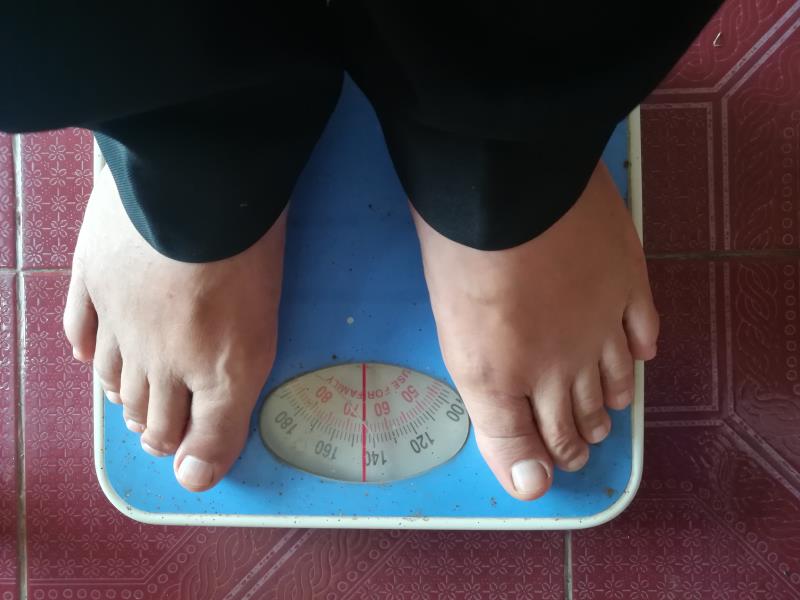
Lack of regular exercise contributes to visceral fat accumulation in middle-aged men, as does keeping regular daytime work, as opposed to shift work, reports a new study.
A total of 10,073 male employees (mean age, 46.6±8.1 years) undergoing periodic health check-ups were included. Outcomes included visceral fat area (VFA), measured using computed tomography, and atherosclerosis, assessed through the cardio-ankle vascular index (CAVI), carotid- intima-media thickness (IMT) and carotid plaque. Lifestyle factors were set as independent factors.
Of the participants, 6,235 kept fixed daytime jobs, while 3,838 were shift workers. VFA and CAVI were both significantly higher in daytime workers, while mean IMT was lower. Metabolic syndrome was present in comparable rates in either group.
Multivariate regression analysis revealed that fixed daytime work was a significant risk factor for visceral fat obesity (VFA ≥100 cm3; odds ratio [OR], 1.189, 95 percent confidence interval [CI], 1.033–1.368; p<0.05), while having mainly physical work was not (OR, 1.011, 95 percent CI, 0.881–1.160; p=0.770).
Other significant lifestyle risk factors included night-time eating (OR, 1.165, 95 percent CI, 1.041–1.303; p<0.01) and habitual drinking (OR, 1.201, 95 percent CI, 1.058–1.364; p<0.01). Regular exercise, on the other hand, appeared to be significantly protective (OR, 0.818, 95 percent CI, 0.730–0.916; p<0.001).
“These findings support the hypothesis that lifestyle modification has a greater impact on health than intervention in working life in middle-aged workers,” said researchers. “Further investigations with a longitudinal design are necessary to draw definite conclusions from these results.”